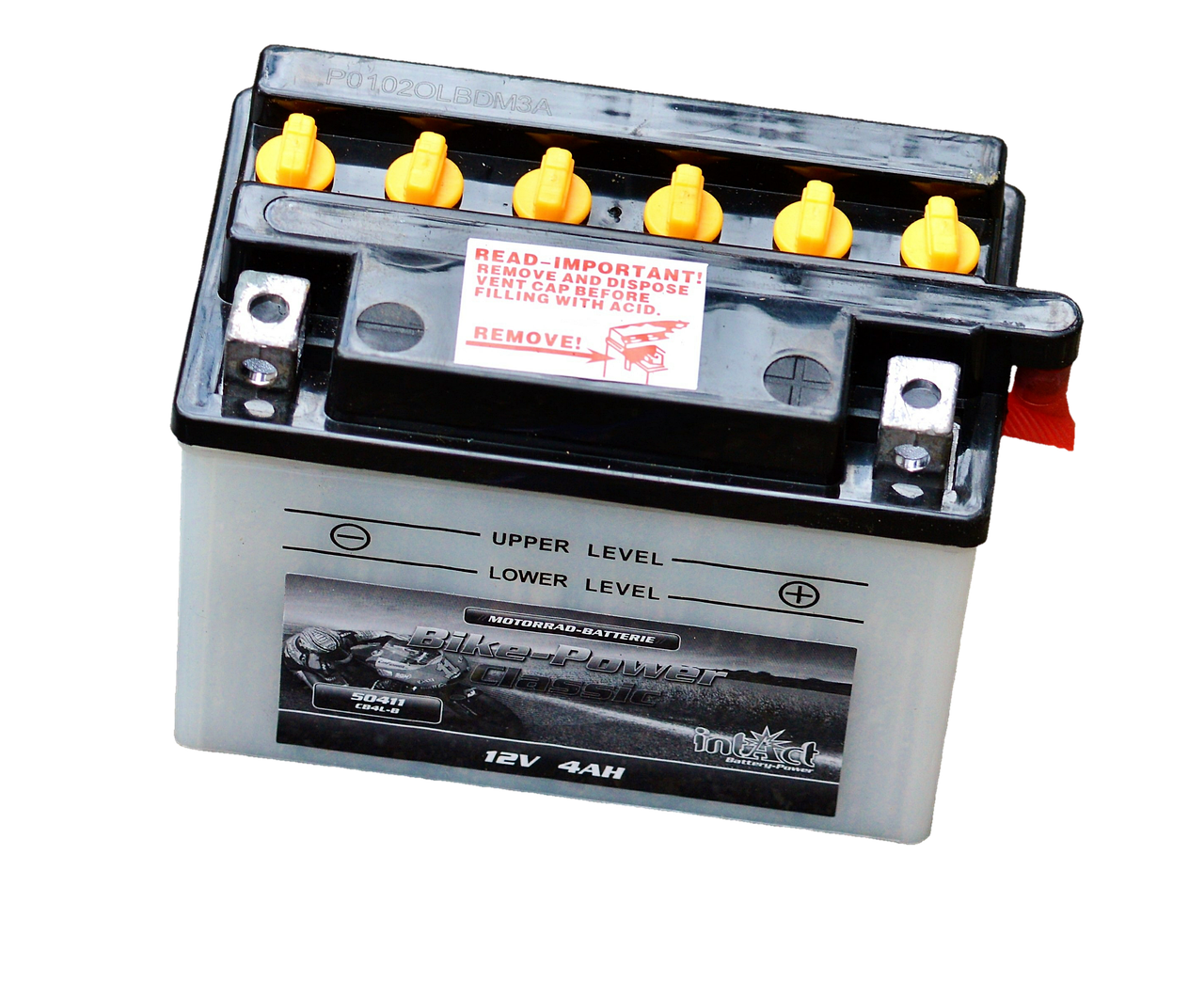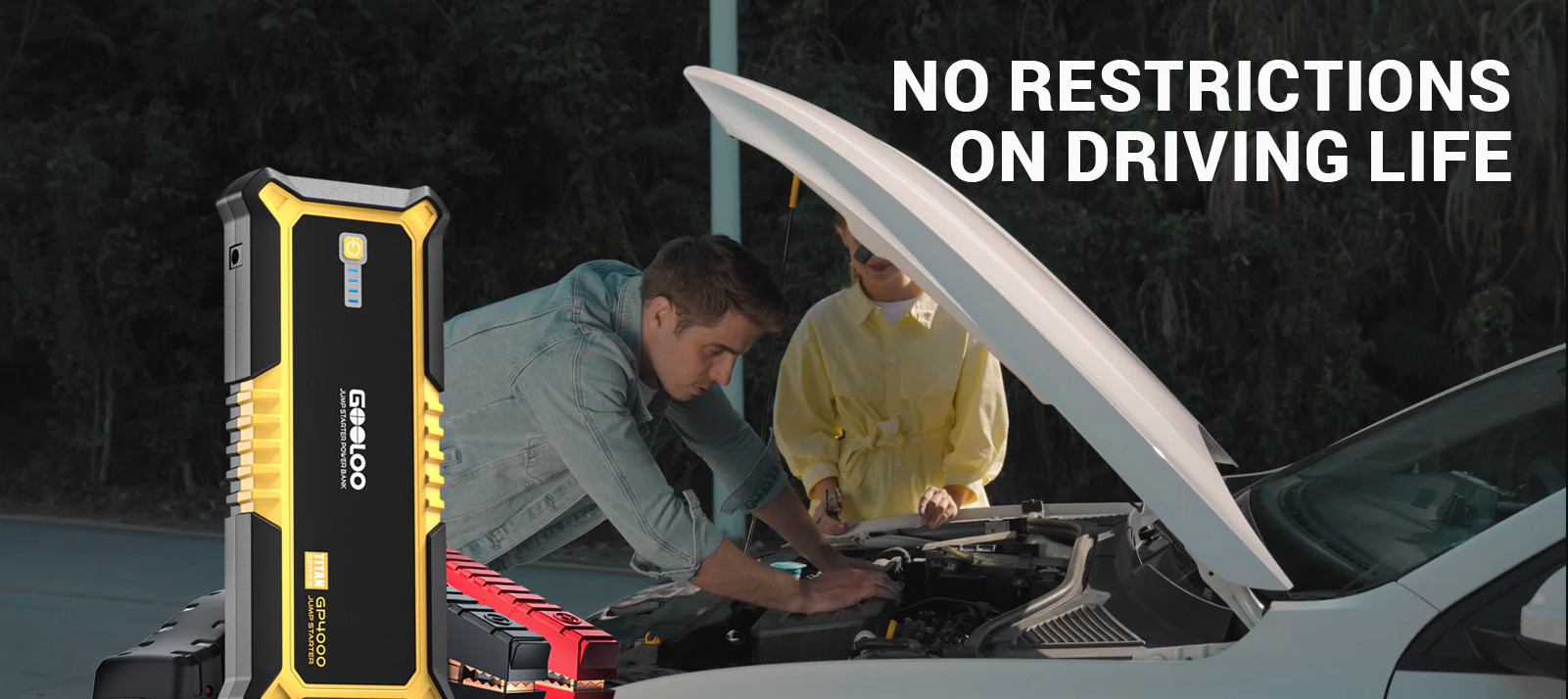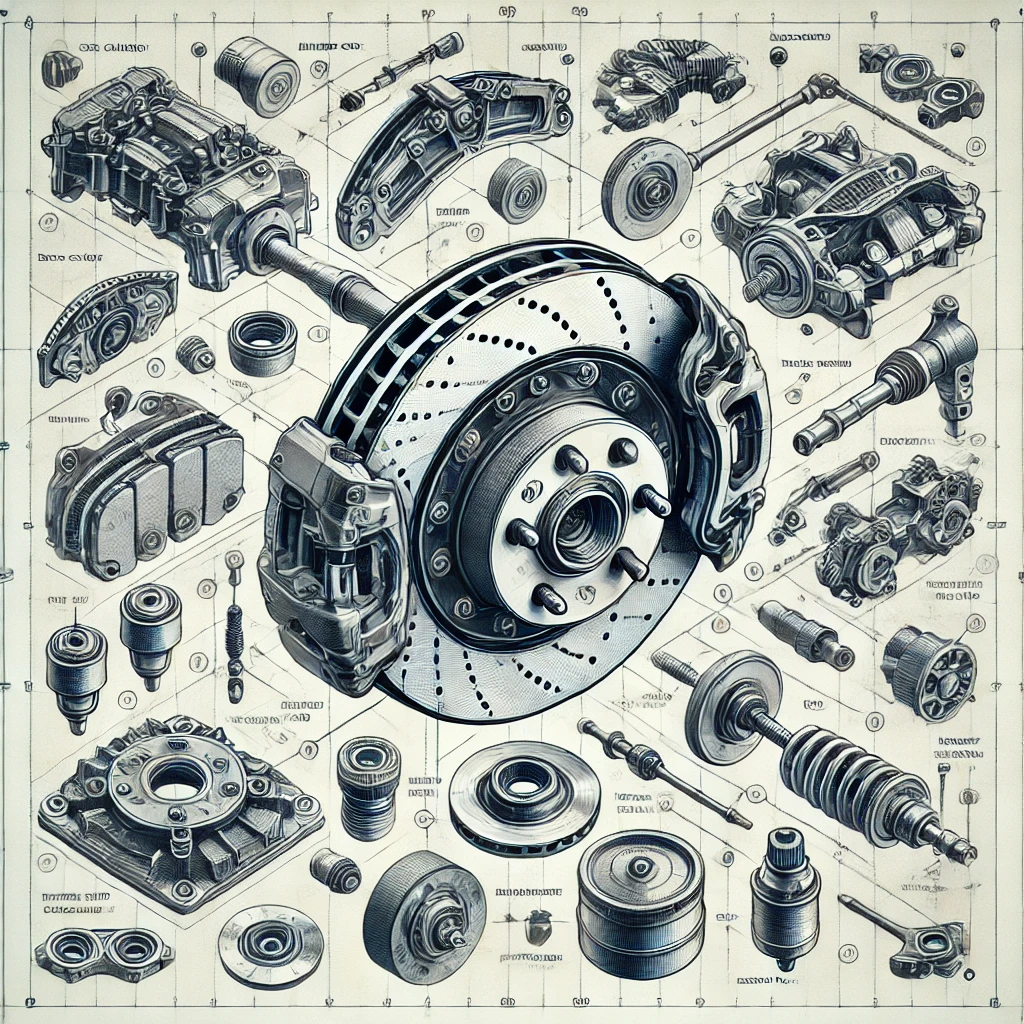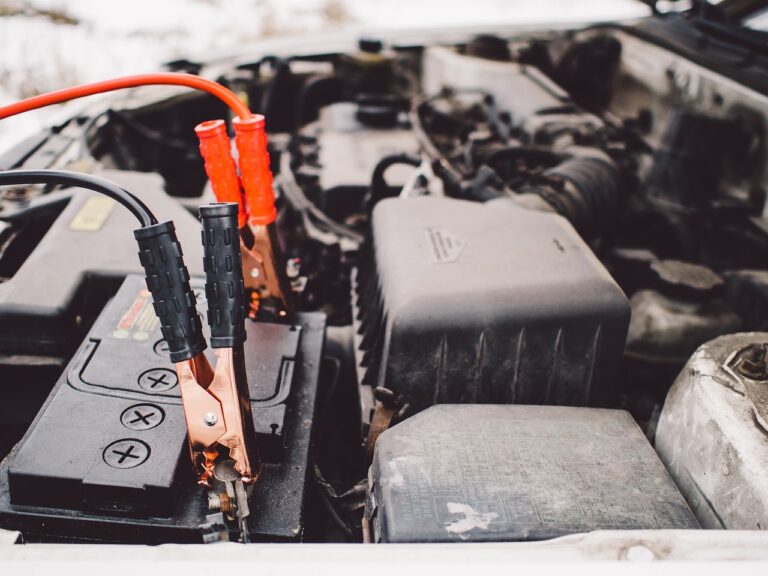The Silent Drain: Understanding and Preventing Sudden Car Battery Failures
Many drivers have experienced the frustration of turning their key in the ignition, only to be met with silence. Sudden battery failures can catch us off guard, leaving us wondering how we missed the warning signs
In this article, we’ll explore the reasons behind sudden battery failures, how to identify the subtle indicators before it’s too late, and preventive steps you can take to avoid an untimely breakdown.
The Deceptive Nature of Battery Failures
Abrupt Endings
It’s a common misconception that car batteries always provide clear, visible signs before they fail. The reality is that a battery can seem perfectly fine one day and be completely drained the next, leaving you stranded. This sudden shift in performance can be attributed to several factors, some of which are more insidious than others:
- Age and Wear
Over time, car batteries lose their ability to hold a charge. The typical lifespan of a car battery ranges from 3 to 5 years, depending on driving habits, climate, and vehicle type. However, even when a battery is past its prime, it may still function relatively well—until one day it just doesn’t. It’s important to remember that batteries don’t always fail slowly; they can go from functional to dead in a heartbeat. - Temperature Fluctuations
One of the leading causes of sudden battery failure is temperature change, particularly the extreme cold. Cold weather can significantly reduce a battery’s efficiency, especially if it’s already nearing the end of its life. When temperatures drop, the chemical reactions inside the battery slow down, making it harder to generate power. This is why many battery failures occur during the first cold snap of the season. - Electrical System Issues
A car’s battery is part of a larger electrical system, and problems with other components, such as the alternator, voltage regulator, or even parasitic electrical drains, can cause the battery to discharge faster than it should. Sometimes, these issues can drain the battery without any obvious warning signs, catching drivers off guard.
Spotting the Subtle Signs
While sudden battery failure can seem like it strikes without warning, there are often subtle indicators that a battery is on its way out. Paying attention to these signs can help you catch a problem before you’re left stranded:
- Dashboard Indicators
Modern vehicles are equipped with warning lights that alert you to potential issues with your car’s electrical system. If the battery or charging system warning light appears on your dashboard, don’t ignore it. While this light might seem minor at first, it could indicate that your battery is not charging properly. - Performance Changes
Dimming headlights, sluggish power windows, or slow cranking when starting your car are all early signs that your battery may be weakening. These symptoms are more noticeable in cold weather or after the car has been sitting for a while. - Visible Corrosion
Corrosion around the battery terminals is a sign of poor contact, which can lead to charging issues. Corroded terminals can restrict the flow of electricity to and from the battery, making it harder for your car to start and charging systems to function properly.
Proactive Measures for Battery Health
Fortunately, there are steps you can take to extend your battery’s lifespan and avoid sudden failure. By being proactive, you can significantly reduce the chances of getting stuck with a dead battery.
- Regular Check-ups
Just as regular check-ups are essential for our health, periodic battery testing is crucial for your vehicle’s health. Many auto shops offer battery testing services that can help identify weakening batteries before they fail completely. Testing becomes especially important as your battery nears the end of its lifespan, or if you’re heading into extreme weather conditions, like a particularly cold winter. - Maintenance Matters
Keeping your battery terminals clean and ensuring all connections are tight can prevent many electrical issues. Corroded terminals should be cleaned using a simple baking soda and water mixture, and you can apply terminal grease to prevent further build-up. Additionally, ensuring that your vehicle’s alternator, voltage regulator, and other electrical components are functioning correctly helps maintain the overall health of your battery. - Understanding Battery Lifespan
Every battery has a limited lifespan. While some batteries can exceed expectations, it’s always wise to prepare for replacement as your battery approaches the end of its warranty period. Keeping track of your battery’s age and performance can help you avoid being caught off guard.
Dealing with Electrical Gremlins
Sometimes, the issue isn’t just the battery, but rather the broader electrical system. Troubleshooting electrical problems in a vehicle can be challenging, especially since they are often harder to diagnose than mechanical issues.
- The Challenge of DC Systems
Unlike household AC electrical systems, a car’s DC electrical system can develop subtle shorts or power drains that are difficult to detect without specialized equipment. A slow drain (sometimes referred to as a parasitic drain) can cause the battery to discharge while the car is off, leading to sudden failure. - Professional Diagnostics
If you suspect that your vehicle has an underlying electrical issue, it’s often best to seek professional help. Automotive shops have the diagnostic tools needed to identify electrical problems that may not be obvious, even to experienced DIY enthusiasts. By catching electrical issues early, you can save yourself both time and money.
Conclusion
While sudden car battery failures can be frustrating and disruptive, understanding the causes and symptoms can help you prevent them. By staying alert for subtle changes in your car’s performance, performing regular maintenance, and proactively testing your battery, you can avoid the inconvenience of an unexpected breakdown. Remember, your car’s battery is the heart of its electrical system—take care of it, and it will take care of you.
In the end, a little attention to your vehicle’s battery health goes a long way in ensuring reliable performance and avoiding the dreaded silence of a dead battery.




